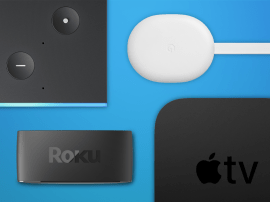Apple’s AI explained: what is Apple Intelligence
Apple AI has arrived. Except, it's Apple Intelligence instead. But what all can this new brainy tech do? Here's everything you need to know
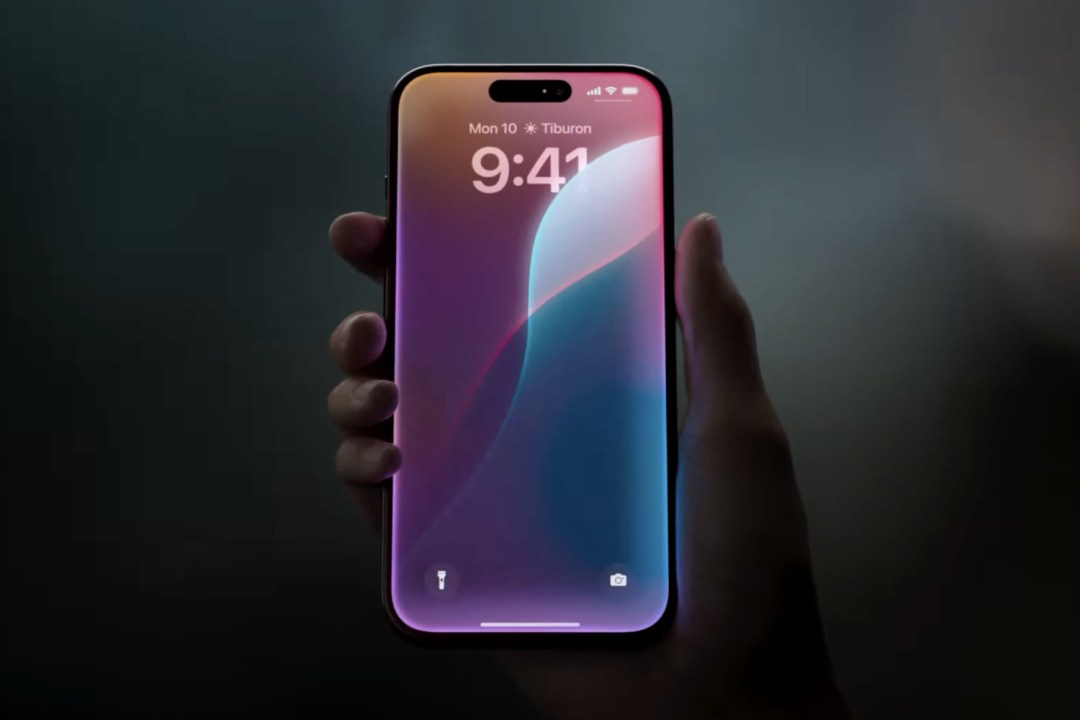
Now that Vision Pro is available and the Apple Car has officially been scrapped, what’s next for the Cupertino-based tech giant? If you’ve been keeping up with the latest, you’ll know that all the big players are making a splash in AI.
Until recently, Apple was notably absent from the space, but it has finally arrived with Apple Intelligence as part of iOS 18, iPadOS 18, and macOS Sequoia.
In true Apple fashion, it’s not AI – rather we’ve got Apple Intelligence. It’s designed to be something that’s more personal. That sounds pretty wishy-washy – but it’s very impressive. But what exactly can it do? Here’s everything you need to know.
Which devices support Apple Intelligence?
Apple Intelligence is only coming to relatively new devices: iPhone 16, iPhone 16 Plus, iPhone 16 Pro, iPhone 16 Pro Max, iPhone 15 Pro, iPhone 15 Pro Max, iPad with A17 Pro or M1 and later, and Mac with M1 and later. Note it is not yet available for Apple Watch.
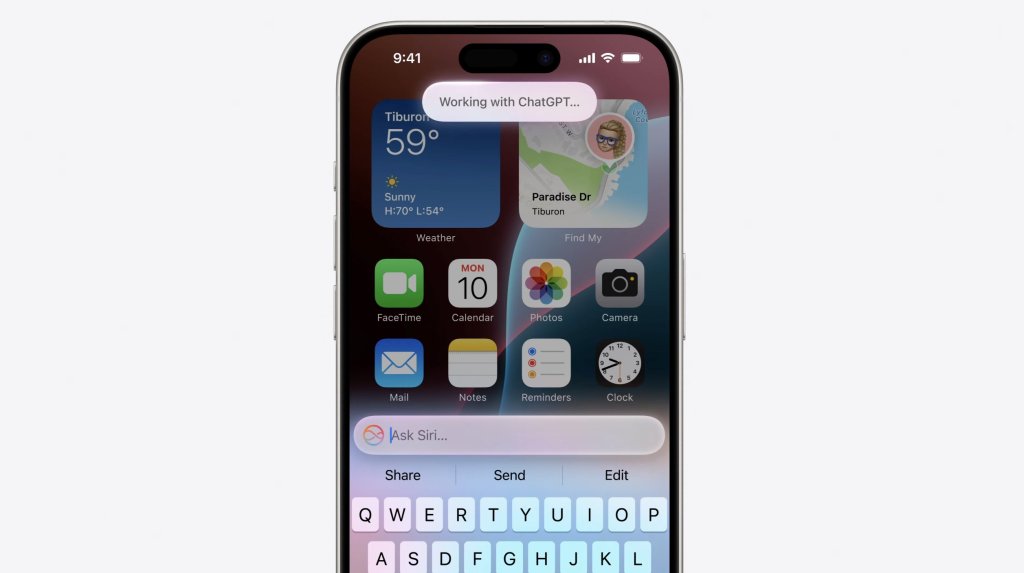
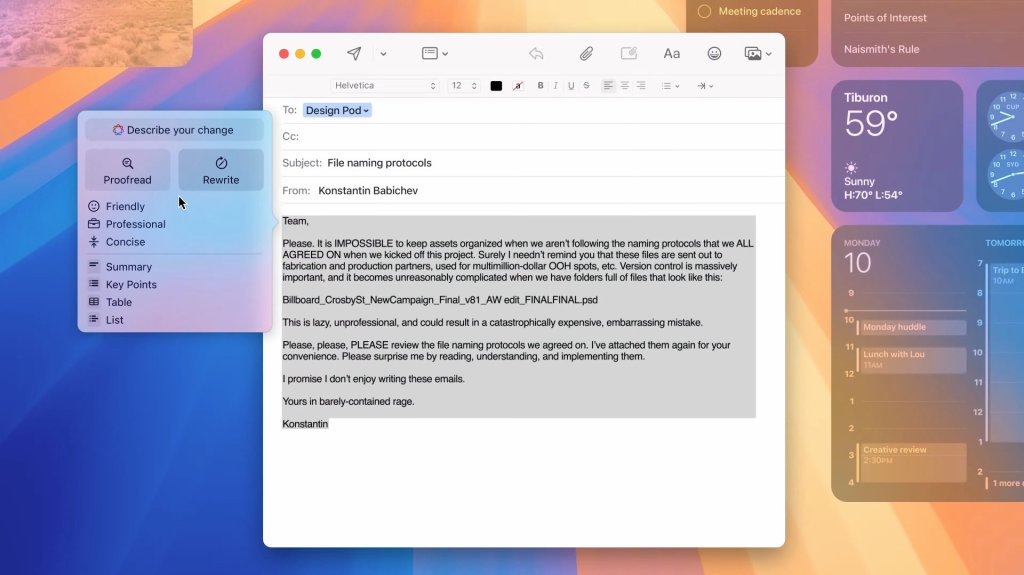
When is it coming to my device?
For US English, Apple Intelligence arrived as part of iOS 18.1, iPadOS 18.1, and macOS 15.1 in October. And now, it’s rolling out to more versions of English – for the UK, Australia, Canada and New Zealand with iOS 18.2, iPadOS 18.2, and macOS Sequoia 15.2.
Some features – such as Genmoji, Siri’s personal context, and the ChatGPT integration – have only just launched with iOS 18.2, iPadOS 18.2, and macOS Sequoia 15.2.
What can Apple Intelligence do?
Apple Intelligence isn’t just about a smarter Siri – though that’s a big part of it. Imagine an AI that truly understands you, drawing from your personal usage to tailor its responses and actions. Whether it’s generating language, recognising images, or taking actions on your behalf, Apple Intelligence does it all with a hefty dose of personalisation. Here’s the rundown:

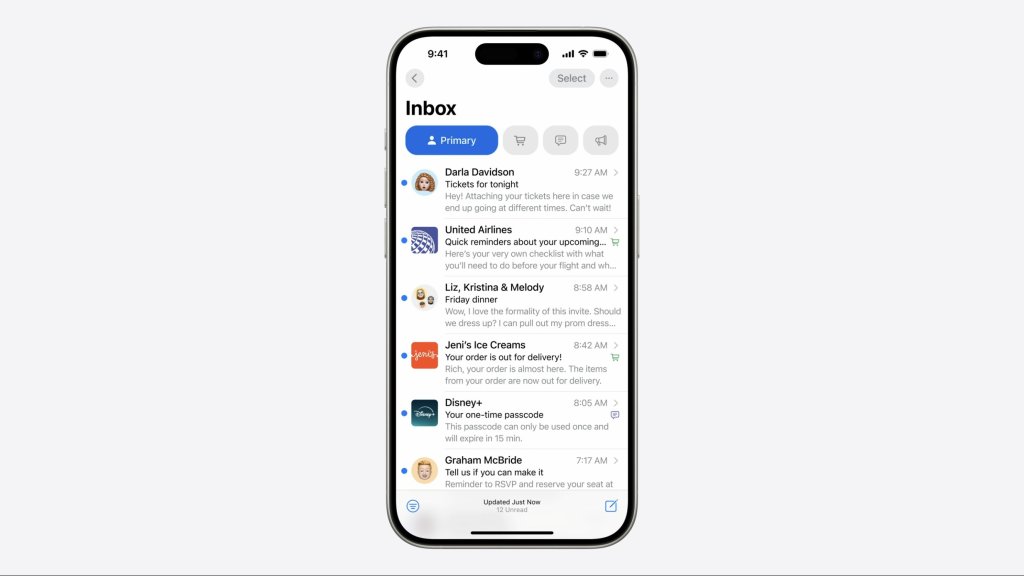
- Enhanced Siri: Finally, Siri gets the brains it deserves. This upgrade means Siri can now remember the context of your conversations, understand your commands even if you stumble over your words, and provide more helpful responses. It can add new addresses from text messages directly to contact cards, control Apple features and settings, and even move through apps to fetch specific information like flight details or photo edits.
- Prioritised notifications: Your iPhone will now prioritise your notifications, ensuring you don’t miss anything crucial. Whether it’s a summary of your group chats or a boarding pass for your flight, the most important notifications will be front and centre.
- Smarter writing apps: Apple’s writing apps now feature AI-driven tools like Proofread, Smart Reply, and Rewrite. These can suggest content based on context, transcribe voice memos, and even auto-fill forms from pictures.
- Genmoji and Image Playground: Create custom emojis from text prompts and generate images in three styles – sketch, illustration, and animation. These features integrate into your communication and productivity apps.
- Photo and video editing: The Photos app now boasts Clean Up, similar to Google’s Magic Eraser, allowing you to remove unwanted elements from your photos. Plus, you can search through videos using natural language and create video memories from text prompts.
- Integrated ChatGPT: Siri can now tap into ChatGPT for more complex queries, even generating images when needed. This integration expands Apple’s AI capabilities, making your interactions even more dynamic and helpful. You can use this with or without a free or paid for OpenAI account.
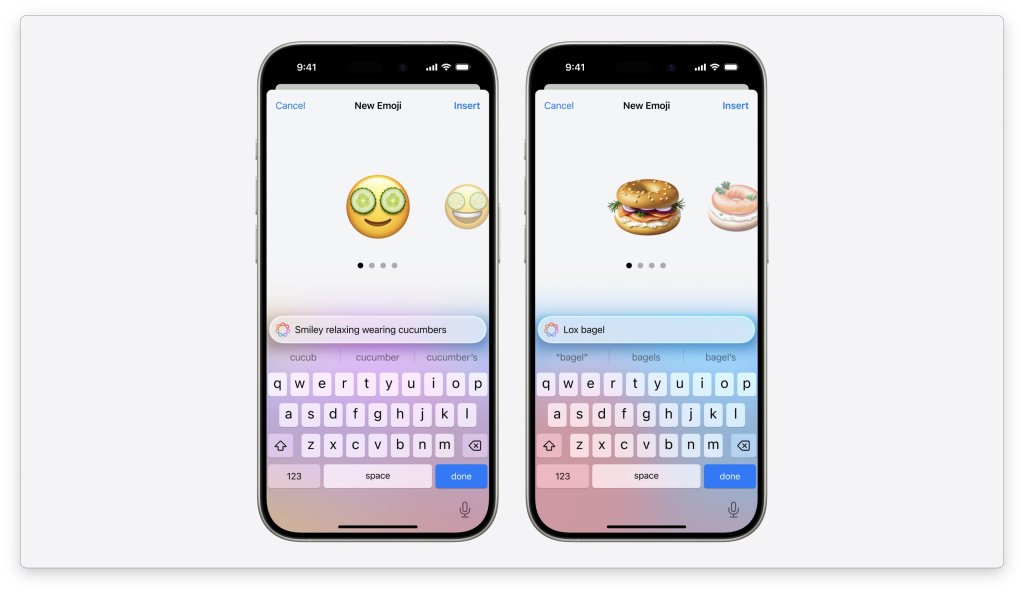
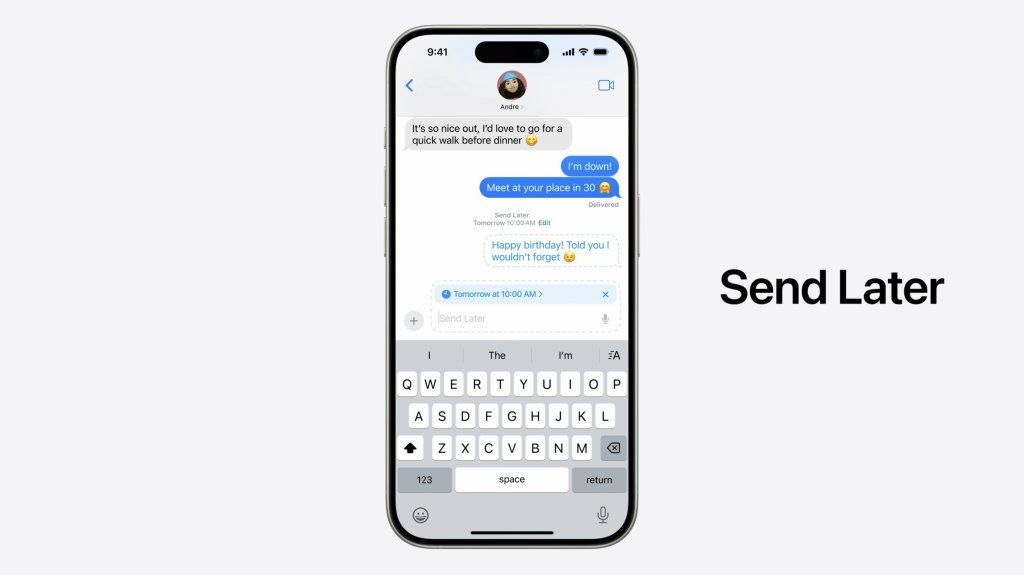
How does it work?
Apple Intelligence uses on-device processing to keep your data private and secure. The AI models are downloaded to your phone and tailored to your personal usage. Everything happens on your device, without sending your data to the cloud. If you want to use ChatGPT, you need to agree that your information will be sent across.
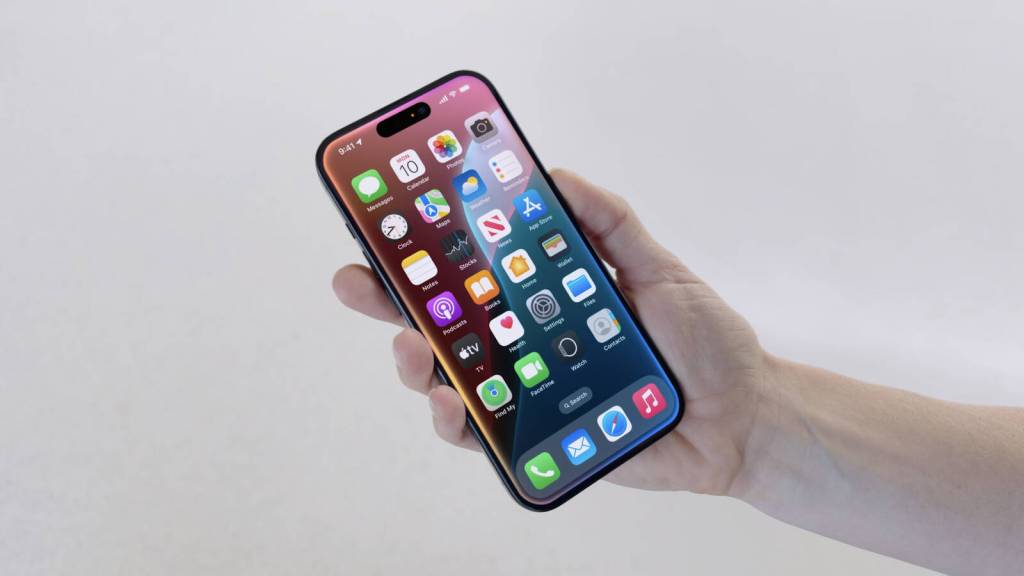
The new Siri has’t changed a huge amount in capability from what we can see so far, but it’s more context-sensitive. It can now finally navigate apps to fetch specific information, and handle follow-up requests.
Is Apple Intelligence safe?
Absolutely. Apple has always prioritised privacy, and Apple Intelligence is no different. By processing everything on-device, your data never leaves your gadget. This means you get a highly personalised AI experience without compromising your privacy. Plus, with Apple’s stringent security measures, you can trust that your information is safe from prying eyes.
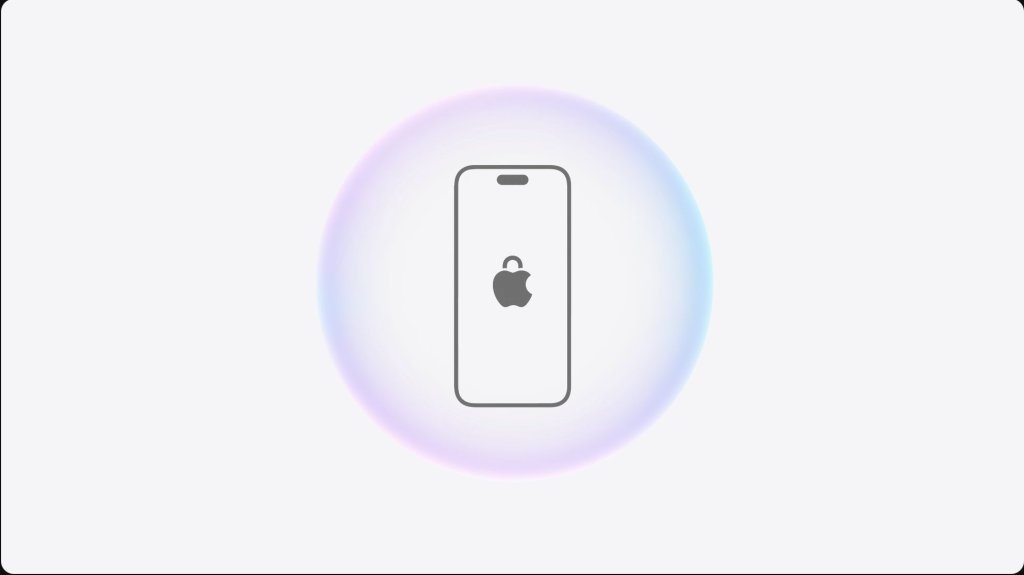
As for ChatGPT, it’s not directly baked into the software. As we mentioned above, Siri will ask you before sending any data to the external service. This will happen each time you use it, and the request will be sent off-device to OpenAI. There’s been some misconception that ChatGPT can access all of your data, which isn’t true. You have to give it explicit permission each time. And even when requests are sent, they’re anonymised; and so is your IP address. So there’s no way that OpenAI knows what prompts you send.
- Related: Apple iOS 18 free upgrade features
